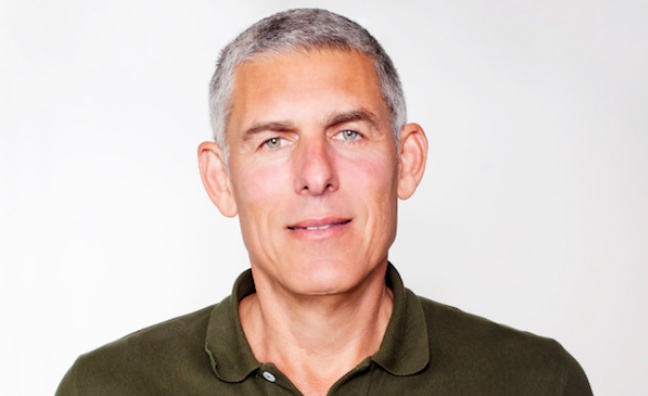Lyor Cohen, YouTube’s global head of music, has maintained the platform's anti-Article 13 agenda with a strongly worded blog post about how he believes the measures will “harm” the creative industry.
Headlined "What Article 13 could really mean", Cohen’s latest message to the music industry follows warnings of “severe unintended consequences”. YouTube’s CEO Susan Wojcicki has already warned creators that it “poses a threat to your livelihood”.
For most of the artist community - with the notable exception of DJ Alesso - and the industry, Article 13 has been embraced as a necessary fix for the so-called ‘value gap’ in terms of remuneration from user-generated content. UK Music led a united front, while IMPALA has been closely involved with the issue for the last few years in Europe. Sir Paul McCartney and Roseanne Cash were among those artists urging MEPs to back the reform.
But Cohen is still adamant that artists and the industry will lose out, with “less money from YouTube” if the current version of Article 13 is implemented. He’s met with artists, policy makers and partners in Europe, but suggested that the potential impact of the legislation had not been understood.
“Emerging artists will find it harder to be discovered and heard on a global stage,” he wrote. “In short, the Parliament’s version of Article 13 will harm the very creative industry it seeks to protect.”
Cohen pointed out that since YouTube created Content ID 11 years ago, rights holders had received more than €2.5 billion from third-party content.
He also stressed the platform’s engagement with the music industry, including the licensing of YouTube Music and the total payout of €5 billion from advertising.
Describing the “incomplete picture of how much we pay”, Cohen added: “There is a lack of transparency between the money YouTube pays to labels and the money artists see in their pocket. To fix this, we commit to disclosing revenue earned on YouTube to artists and songwriters directly if their labels and publishers waive their contractual prohibitions that prevent us from doing this. We welcome more transparency so we can put to rest false accusation from the IFPI and others about our payments.”
Cohen stressed that YouTube supports copyright reform, but claimed the proposals are “flawed”. The safe harbour arrangement currently allows the platform to pay out to publishers even when rights holders are unidentified. Article 13, he argued, would expose YouTube to “unmitigated liability and such a large financial risk that we would be forced to block huge amounts of video”.
He added: “Dua Lipa, Alan Walker and Ed Sheeran all grew their careers on YouTube. Under Parliament’s version of Article 13, tomorrow’s generation of European artists might never see the light of day, their videos blocked at scale to avoid copyright liability. Rather than drive more value to artists, major labels and small, independent artists would get less money and less promotion from open platforms like YouTube.”
Cohen’s salvo is the latest in a YouTube lobbying drive as it attempts to get changes put in place for any legislation.
“Let’s do the responsible thing and ensure that artists and songwriters can continue to find new audiences, connect with their fans, and earn a living making music,” wrote Cohen.
IMPALA executive chair, Helen Smith, wrote to the FT on the issue last week - and her comment on the ten-to-one payout discrepancy between Spotify and YouTube appears to have provoked Cohen to stress there is parity (albeit on the subscription service alone).
“For YouTube and other platforms, there are a number of safeguards in the various texts on the table. We now need to let decision makers agree on the final recipe to achieve balance,” wrote Smith. “This should not be about protecting one platform’s business model.
“This directive has been years in the making — decision makers know what the answers are. We can now move fast and we don’t even need to break things. Let’s not get distracted. Let’s make the online world clearer, fairer and sustainable for all.”









